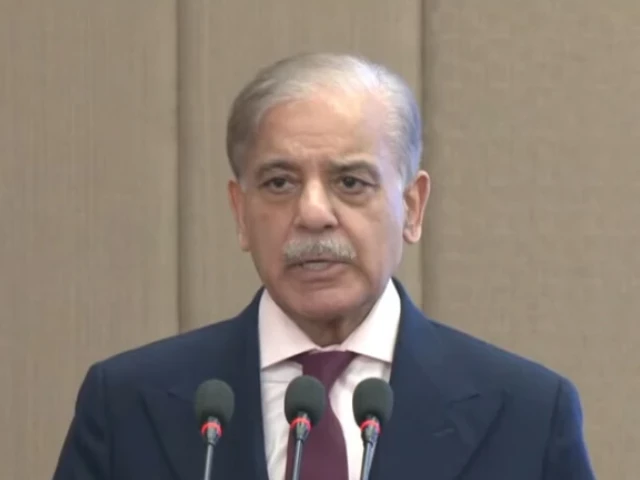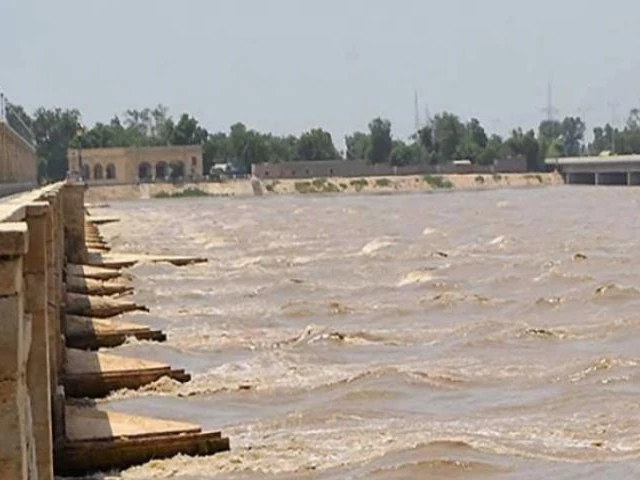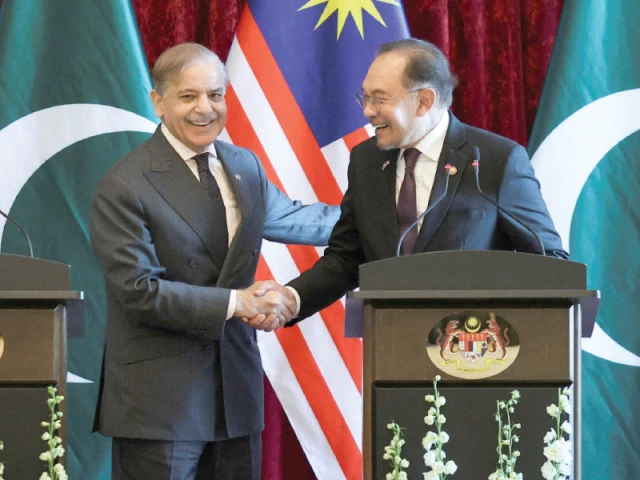Overhauling District Administration: A New Era for Governance in Pakistan
In recent news, the federal government of Pakistan is set to shake things up in district administration across the country. Prime Minister Shehbaz Sharif has directed the establishment of an 18-member committee to draft recommendations for reforming the legal and administrative framework, aiming for comprehensive improvements within a month.
This initiative is significant because effective governance at the district level can directly impact the day-to-day lives of citizens. The committee’s mandate includes enhancing service delivery, ensuring law and order, and enforcing local laws more efficiently. The focus is not just on tweaking existing structures; it’s about a meaningful overhaul that could transform how local governance operates.
Federal Law Minister Azam Nazeer Tarar will lead the committee, with Federal Minister for Establishment Ahad Cheema as co-convener. The team comprises key federal secretaries, the attorney general, and chief secretaries from all provinces, as well as representatives from Azad Kashmir and Gilgit-Baltistan. This diverse make-up ensures that multiple perspectives will contribute to a balanced approach.
One of the key tasks before the committee is to critically assess the role of district administration before and after the significant changes introduced in 2001, particularly concerning the devolution of powers. They will be comparing local governance models in other countries, which could provide valuable insights into what works and what doesn’t.
Moreover, the committee has the legislative authority to propose amendments to existing laws, such as the Code of Criminal Procedure. This not only underlines the urgency of the reform process but also highlights the government’s recognition of the importance of a robust legal framework in fortifying district governance.
What does this all mean for everyday citizens? Simply put, a well-functioning district administration could lead to more responsive services, better law enforcement, and a more organized approach to governance issues that directly affect communities.
As discussions unfold and recommendations are developed, it’s an ideal time for individuals and organizations, such as Pro21st, to engage in the dialogue. Active participation can ensure that the voices of citizens are heard in this transformational phase. After all, effective governance is a collective effort!
Stay tuned, as we’ll keep you updated on how these changes could reshape the landscape of governance in Pakistan.
At Pro21st, we believe in sharing updates that matter.
Stay connected for more real conversations, fresh insights, and 21st-century perspectives.





